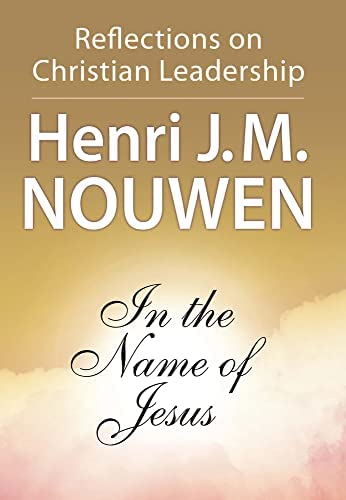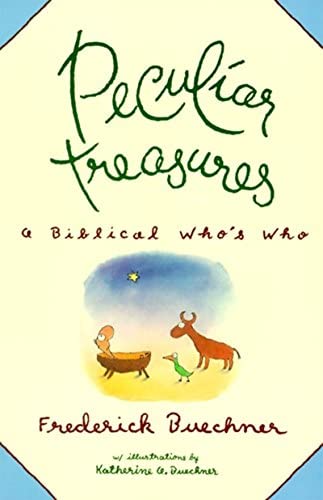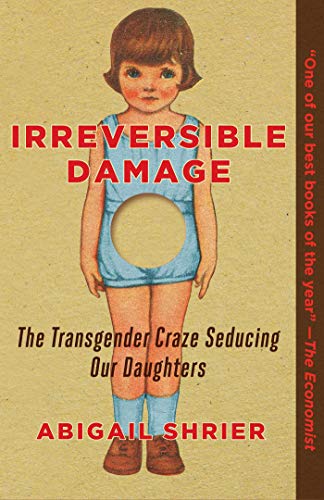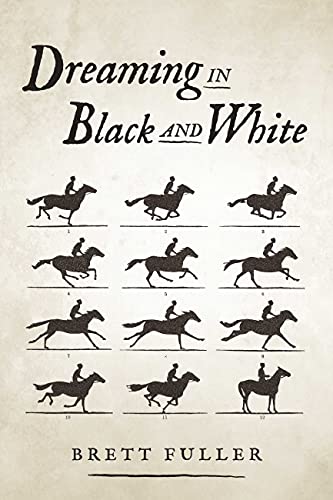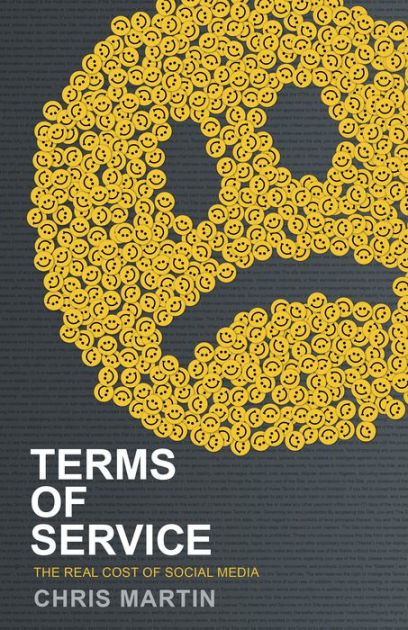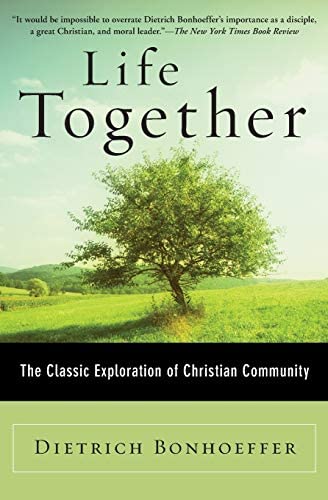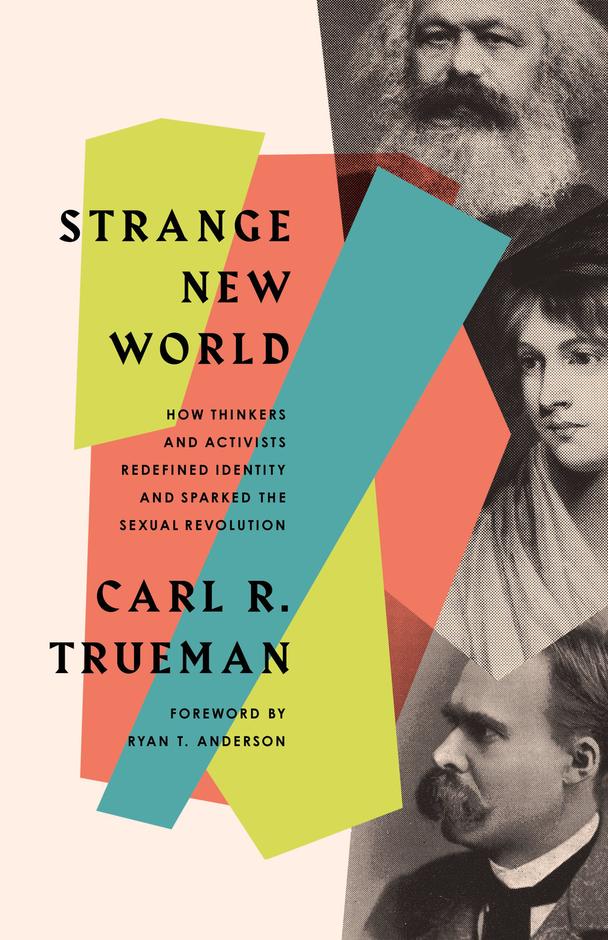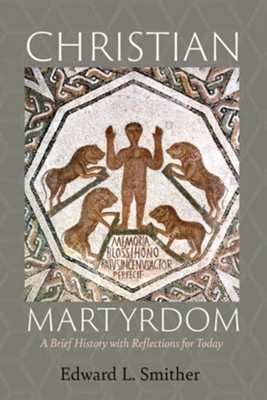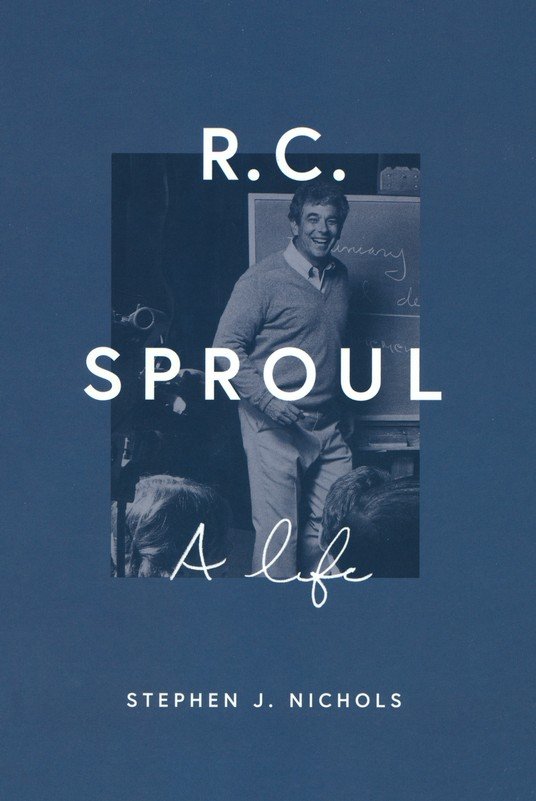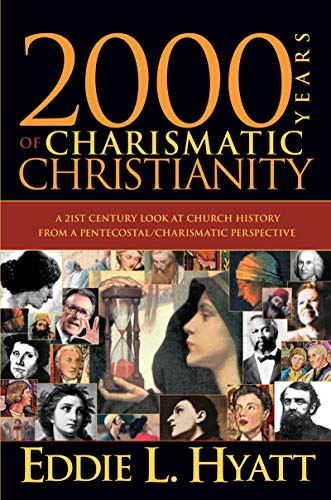
Home for the holidays, a first-year Every Nation cross-cultural missionary asked me to recommend books that might help her as she helps pioneer a new church and campus ministry in a new nation. I rattled off a couple of my favorite missionary biographies, plus some basic theology books and Craig Keener’s Bible Background Commentary (the most important book in every minister’s library, besides the ESV Study Bible.)
She pulled out her iPhone and promptly ordered some of the books I recommended. Why? Because leaders are learners and, therefore, readers.
For those who do not have the opportunity to ask me about books over a family dinner, I write my annual top 10 book list blog. Here are some of my past lists: 2021, 2020, 2019, 2018, 2017, 2016.
This is not a list of the most enjoyable books I read in the past twelve months (except #2 & Snub #5)—some were extremely unenjoyable and disturbing (#3). Others were tedious but important (#7). Others were just what I needed to read when I read them (#5 & Snub #2) and might not have made my Top 10 if read in a different year.
This is a list of the books I read this year that helped me personally and vocationally (as a preacher, teacher, and ministry leader). I think most of them will help you, no matter your vocation.
Here we go, in random order.
1. In the Name of Jesus—Reflections on Christian Leadership
by Henri Nouwen
The shortest and most important book I read in 2022. If you serve in a leadership position now or if you think you might be a leader of something someday, please read this book. Then read it again, slowly. Then pray it, and read it again. In less than 100 pages, Nouwen captured the heart of Christian leadership. If you only read one book from this list, this is the one.
2. Peculiar Treasures: A Biblical Who’s Who
by Frederick Buechner
Preacher, professor, theologian, Presbyterian minister, author of 39 books, including Pulitzer finalist Godric, Buechner died six months ago at 96. Starting with A (Abel, Abraham, Adam) and ending with Z (Zechariah, Zerubbabel, Zipporah), Peculiar Treasures is a collection of brief, insightful, humorous, and contemplative bios of famous and infamous Bible characters. I laughed, cried, repented, and prayed my way from A to Z.
Buechner’s take on the musings of Adam, as a dying old man.
The leopard . . . the starling . . . the rose—he remembered giving each its name, remembered the green river, the shy green girl. He could no longer remember why it was he had felt compelled to leave it except that it had something to do with asserting his independence. Beyond that, he had only the dim sense that somehow a terrible injustice had been done, or possibly a terrible justice.
3. Irreversible Damage: The Transgender Craze Seducing Our Daughters
by Abigail Shrier
Definitely the most disturbing book I read all year, and maybe the most important. Highly recommended to all youth ministers, campus missionaries, and parents, especially parents of girls. Shrier is a journalist with degrees from Columbia, Oxford, and Yale Law. Irreversible Damage is filled with statistical data, testimonials, and interviews all painting a terrifying picture of the “transgender craze” that is wreaking havoc on girls globally.
4. Dreaming in White and Black
by Brett Fuller
It has been my privilege to work in ministry with Brett Fuller for almost four decades. We’ve been all over the world together. Everyone who experiences Brett’s preaching is immediately struck by his scriptural depth and his oratory skills. Most who hear him preach do not know the lifelong spiritual formation that made Brett the man and preacher he is today. Dreaming in Black and White will fill in the blanks. Brett’s message and ministry of reconciliation has made me a better human. May it do the same for you as you read his new book.
5. Terms of Service: The Real Cost of Social Media
by Chris Martin
I have read quite a few books about the impact of the “social internet” on our lives and have even recommended a few of them here. Terms of Service might be the best because it addresses the issue from a Christ-centered perspective. The author spent over a decade as a social media professional, so he speaks with authority on the topic. At the beginning of this year, before I read Terms of Service, I deleted every social media app from my phone because I knew they were distracting me from the relationships and the mission God has called me to. (The Every Nation global communications team manages my social media platforms.) I think I am a better husband, father, grandfather, preacher, leader, and Christian since eliminating that distraction. I am not suggesting that you follow my example, but I do hope that you read this book. It will help you to think more critically about how and why you engage the internet. As Martin says, “Social media may not cost anything, but it isn’t free.”
6. Life Together: The Classic Exploration of Christian Community
by Dietrich Bonhoeffer
Bonhoeffer challenges and encourages every reader to embrace the call to Christian community. Though the title might not suggest it, Life Together spends as much time on the individual Christian’s need to grow in humility and character as our obligation to participate in community. In a time where the world is obsessed with self-love, self-expression, and self-actualization, Bonhoeffer’s call to something greater than self is refreshing. Life Together was written in the context of the underground seminary that Bonhoeffer started in Nazi Germany, where he and others did community despite the danger and risks. Community is costly, but not as costly as isolation.
7. Strange New World: How Thinkers and Activists Redefined Identity and Sparked the Sexual Revolution
by Carl R. Trueman
All over the world, there is major confusion about human gender and sexual identity. Trueman’s Strange New World addresses these topics from a biblical perspective, wrapped in a historical narrative of how human thought has transformed over the past several hundred years. This transformation has left modern humans thinking that self-actualization is the ultimate goal of the individual. Rather than orienting ourselves outwardly toward a common good or divine being, we orient ourselves around our feelings—our “most authentic” source of truth. The result is that people are trained to accept and affirm every feeling, desire, and thought that they have as the truest thing about themselves. Trueman originally wrote a longer (inaccessible) work—The Rise and Triumph of the Modern Self—that contains a more academic explanation of his argument. But Strange New World simplifies those arguments for people who are not professional philosophers or public intellectuals. Whether you are engaging gender and sexuality conversations on campus, in discipleship groups, or at your dinner table, Strange New World will help.
8. Christian Martyrdom
by Edward Smither
I read Foxe’s Book of Martyrs as a new believer. Christian Martyrdom covers the same topic but from a more modern and accessible perspective. Highly recommended to vocational ministers, especially cross-cultural missionaries working in “creative access” nations.
9. R.C. Sproul: A Life
by Stephen J. Nichols
As a new Christian, the two writers who shaped me the most were Derek Prince and R.C. Sproul. I constantly read Sproul’s works, including Tabletalk magazine, and it formed my theology. Nichols has written one of the best ministry bios I have read in the past decade.
10. 2000 Years of Charismatic Christianity: A 21st Century Look at Church History from a Pentecostal/Charismatic Perspective
by Eddie Hyatt
If you love history, especially church history, you will love this book. Hyatt makes the case that the Azusa Street Charismatic/Pentecostal renewal that quickly went global was not something new but rather a continuation of outpourings of the Holy Spirit and manifestation of spiritual gifts that has happened in every century since Pentecost. Rather than restoring something that had been lost since the early church, the modern Charismatic/Pentecostal revived or refreshed what was always present, but periodically waned.
Top 5 Snubs of 2022:
I always enjoy reading or hearing about the exploits of pastors’ kids. (In the case of Orville and Wilber, bishops’ kids.)
Similar to Terms of Service (#5 above), so this was a toss-up as to which to include in my top 10 and which to snub. My apologies to Andy for the snub.
Covering some of the same topics and characters as Strange New World (#7), including harrowing mini-bios of Rousseau, Marx, Ibsen, Tolstoy, Sartre, James Baldwin, and others. Intellectuals made me wonder how people with unusually high IQ could have such low EQ (Emotional Quotient) and non-existent SQ (Spiritual Quotient). Nothing enjoyable about this book, but it was educational.
Finally, an authorized bio of my friend and mentor, Pastor C, who recently turned 92 and continues to preach with his signature energy.
A birthday gift from William Murrell. A Pulitzer Prize winner has to at least make my snub list. I really enjoyed this book. You will too.
